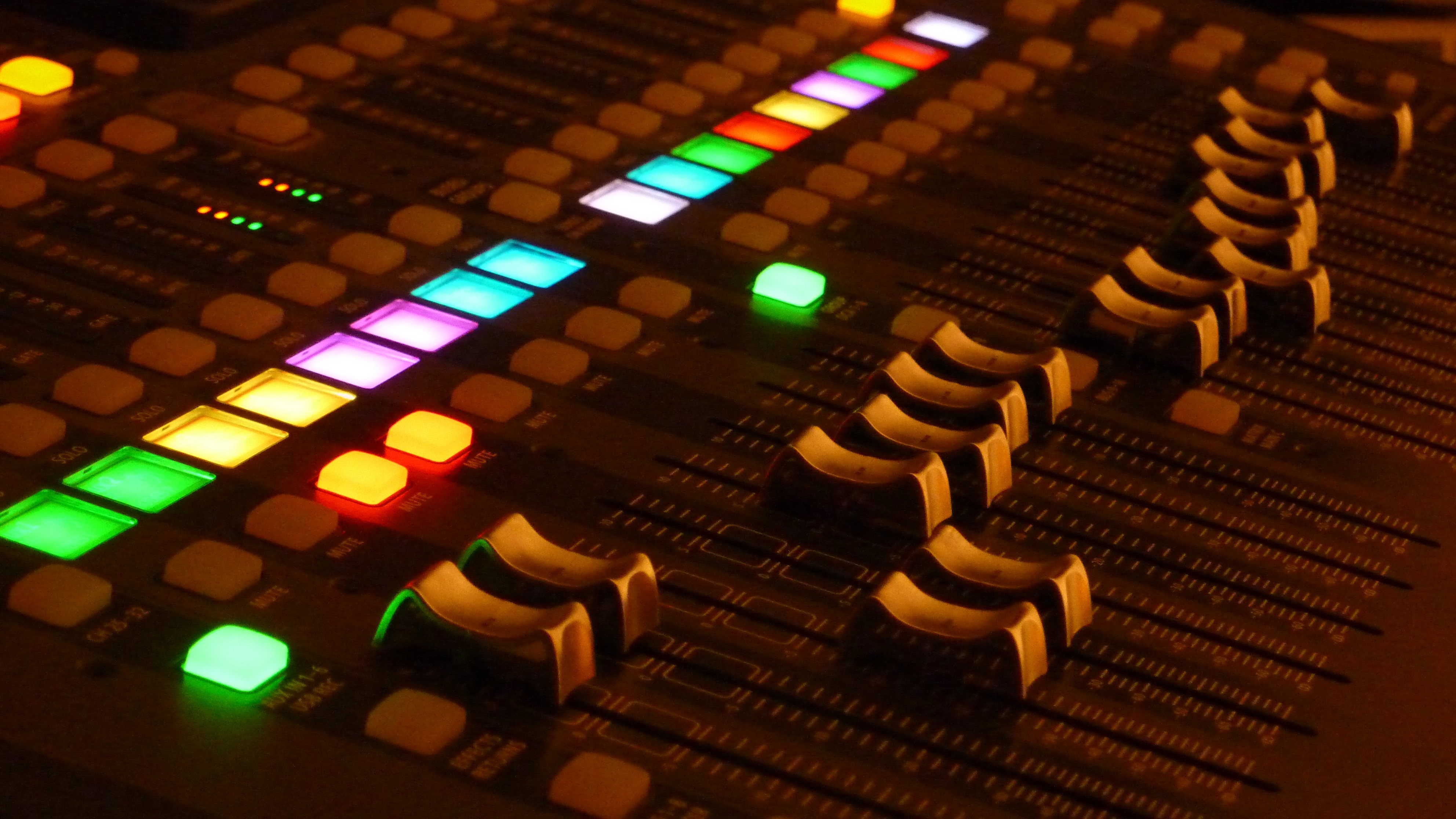SCENES & SNIPPETS Platform
Categories NEWS Newsletter #5
Newsletter #5
X32userconfigs - NEWS #5
4-January-2022
Dear XM32 users around the globe,
2022 ahead...
You might have some time to try something new ;)
Studio Reverbs and Delays for the XM32…
… bringing your favourite reverb and delay effects into the X32!
… freeing up internal X32 plugin effect slots for new missions!
Why Reverb and Delay plugins only?
The simple reason: With these effects we don’t have to care about typical
USB interface latencies of 7-15ms (send-return-operation, 100%
wet mix).
For reverbs many are using pre-delays of 20-50ms and more anyway, and
with usual echo-delays, delay times are generally a lot higher.
But, applying insert-effects like compressors or limiters, given the
mentioned latencies, could lead to noticeable disturbance in a live environment.
For more details see Blog 3.
What do we need?
-
PC- (or MAC-) Notebook hooked up to the USB interface of the X32
-
Installed VST-Plugin-Host-Software:
Could be any DAW, like STUDIO ONE, LOGIC PRO X, CUBASE, or others, or,
due to its CPU effective design for Live use, the plugin host software
LiveProfessor (99€ on audiostrom.com; Dec 2021).
This one is what I went for. Here the wiring display:
- Reverb plugins of your choice,
most simply applying the onboard reverb effects of your DAW.
Alternatively for example:
HOFA IQ-Series Reverb V2 (250€) – noble room simulator,
HOFA System AlgoVerb (50€) – more simple, very good sounding algorithm reverb
with easy GUI,
FABFILTER Pro-R (126-165€) – often praised reverb,
VALHALLA Room (50€) – maybe ‘best’ room reverb?
VALHALLA VintageVerb (50€) – stunning sounding reverb effect, collection of high-class
simulated hardware units,
NI Raum (49€): fine and intuitively operable reverb,
...
just to name a few.
- Delay-Plugins of your choice,
here also most simply the DAW onboard stereo-delay can be used.
Alternatively for example:
BABY AUDIO Comeback Kid (30-50 USD),
VALHALLA Delay (50€),
WAVES H-Delay (30 USD in the moment)
NI Replika (25€),
...
and many more…
This is the chain display in LiveProfessor:
Oh yes, inserting a simple reverb (like HOFA System AlgoVerb) after
the delay plugin, makes the dry echoes being embedded into a soft space,
giving it a more pleasant feel.
And one more thing:
Not all delay plugins do have a TAP-tempo button!
But this is essential for spontaneous live application!
Above mentioned plugin-host-software LiveProfessor has it available as a global
software-button on screen. All delays can be synced to it.
If you don’t want to work with some kind of mouse entering the tap tempo,
better have a touch-screen notebook!
Unfortunately MacBooks are still ignoring applications like that…
USB Card Routing inside the X32
Assuming that 3 send busses, for Reverb large, Reverb medium and Delay are
required, then these have to be routed via the OUT1-16 (or Ultranet) signals
of the X32 to the desired outputs of the Card.
Select these Card outputs to be inputs in your Plugin Host Software.
Configure the outputs of the Plugin Host Software, so that inside the X32 they are
routed like Card 1/2 to AUX IN 1/2 (Reverb Return) and Card 3/4 to AUX IN 3/4
(Delay Return). Even though it is possible to combine all effect returns to the
same stereo out pair in LiveProfessor, we're keeping it separate and are a
little more flexible …
Three high quality X32 plugin slots freed up for new missions…
In my previous X32 mix setup, (this one is based on SCENE 21: Church-Mix)
FX1 effect slot was reserved for Vintage Room
(wide reverb stage without single disturbing reflexions),
FX2 for Rich Plate Reverb (medium reverb time) and
FX3 equipped with the Stereo Delay.
These three I am going to substitute with the above mentioned external effects.
Reverbs and Delays are belonging to the more complex premium send-return-effects.
Having three FX-slots being free and available again, the idea suggests itself to
fill them like this:
FX1: 5-band multiband-compressor COMBINATOR (1 or 2 of them) for solo vocals,
or stereo vocal subgroup. Now dynamic singing can be ‘tamed’ excellently and brought
‘to the front’! Also continuous EQ-adjusting between quieter and more powerful vocal
parts is not needed any longer!
FX2: Stereo Pitch Shifter, fed with Bus 9 (li +5, re -6 Cent, Delay on minimum),
for friends of old fattened vocal and e-git sounds.
FX3: could become a Sound-Maxer, for example to be inserted into the subwoofer
matrix channel.
All that combined enhances mixing on the X32 quite remarkably, simply needing a notebook,
that might be available anyway, with some software (that might be available anyway too ;)).
Many of You could be doing this without paying a cent, given the tools You already have!
Anyone who is heading for some support:
My project was built, verified and documented for use in a small church.
The modified and updated version now is called SCENE 21c: “Church-Mix_USB-RevDel”,
incl. a stereo bus for ZOOM broadcast (Web-Bus 11/12)...
Have a good time experimenting and improving sound-excellence!
And treasure your loved ones in these times.
Gerson
Preview NEWS #6:
- Surprising simplicity to start with InEar monitoring in XM32 world
- BackesBand from Cologne extending their setup to 7 stereo InEars
plus a lot more features by exchanging only one essential component
of their equipment...




